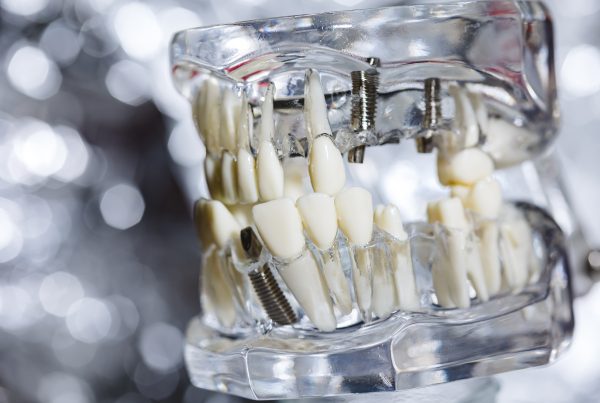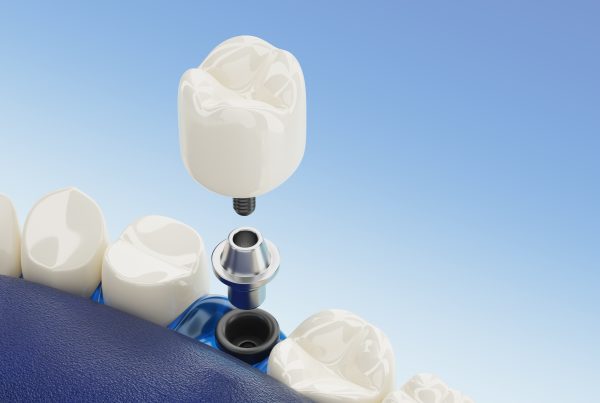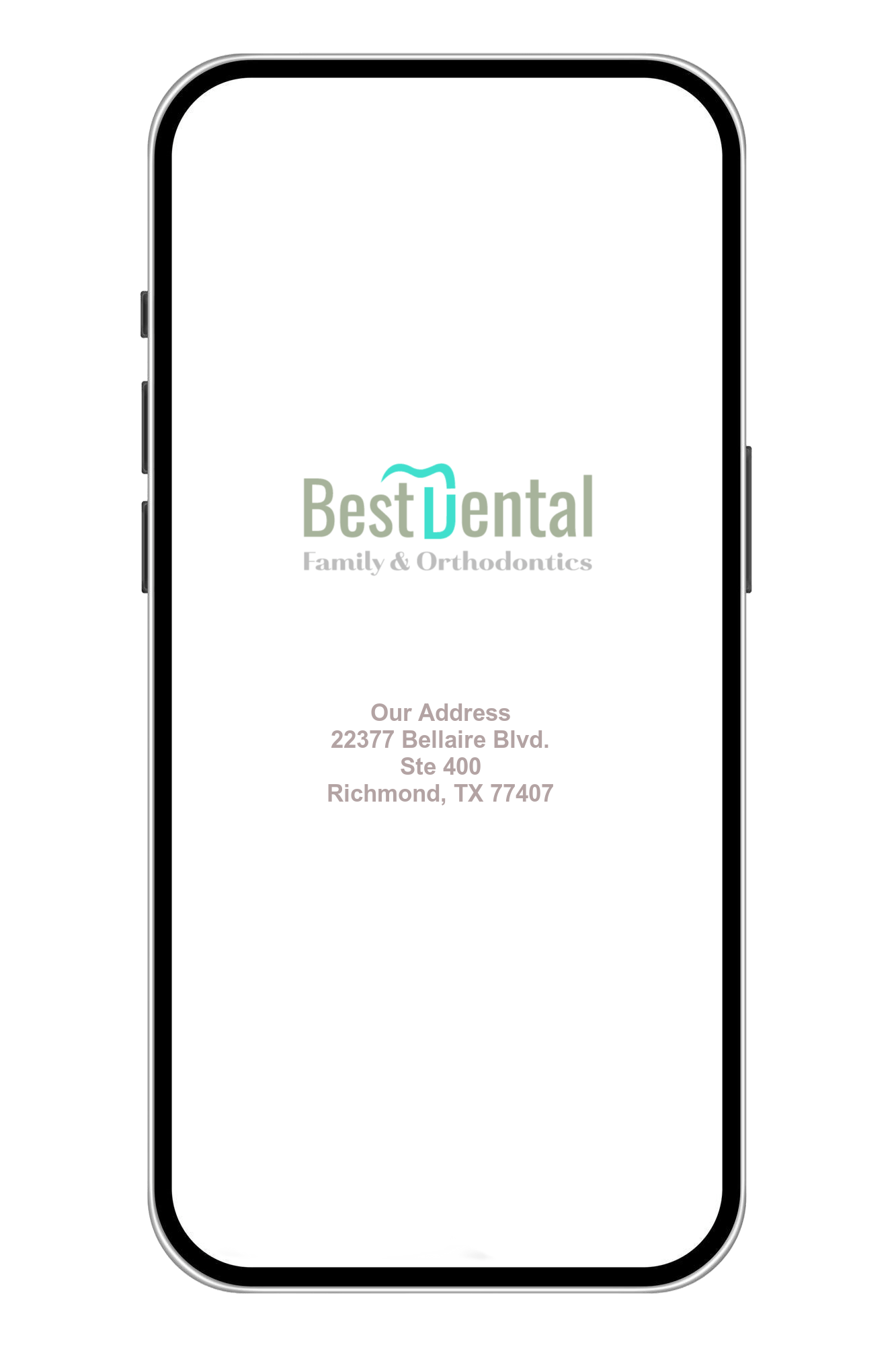An Overview Of Dental Implants Costs
The cost of dental implants can vary significantly depending on various factors, including your location, the complexity of the procedure, the materials used, and the expertise of the dental professionals involved. Dental implants are a popular and effective solution for replacing missing teeth, as they offer a natural look and feel, excellent durability, and long-term benefits. However, it's important to understand that their cost can be relatively high compared to other tooth replacement options. In this article, we will explore the factors that influence the cost of dental implants and provide a general overview of the potential expenses associated with this dental procedure to help you better prepare and make informed decisions about your oral health and budget.
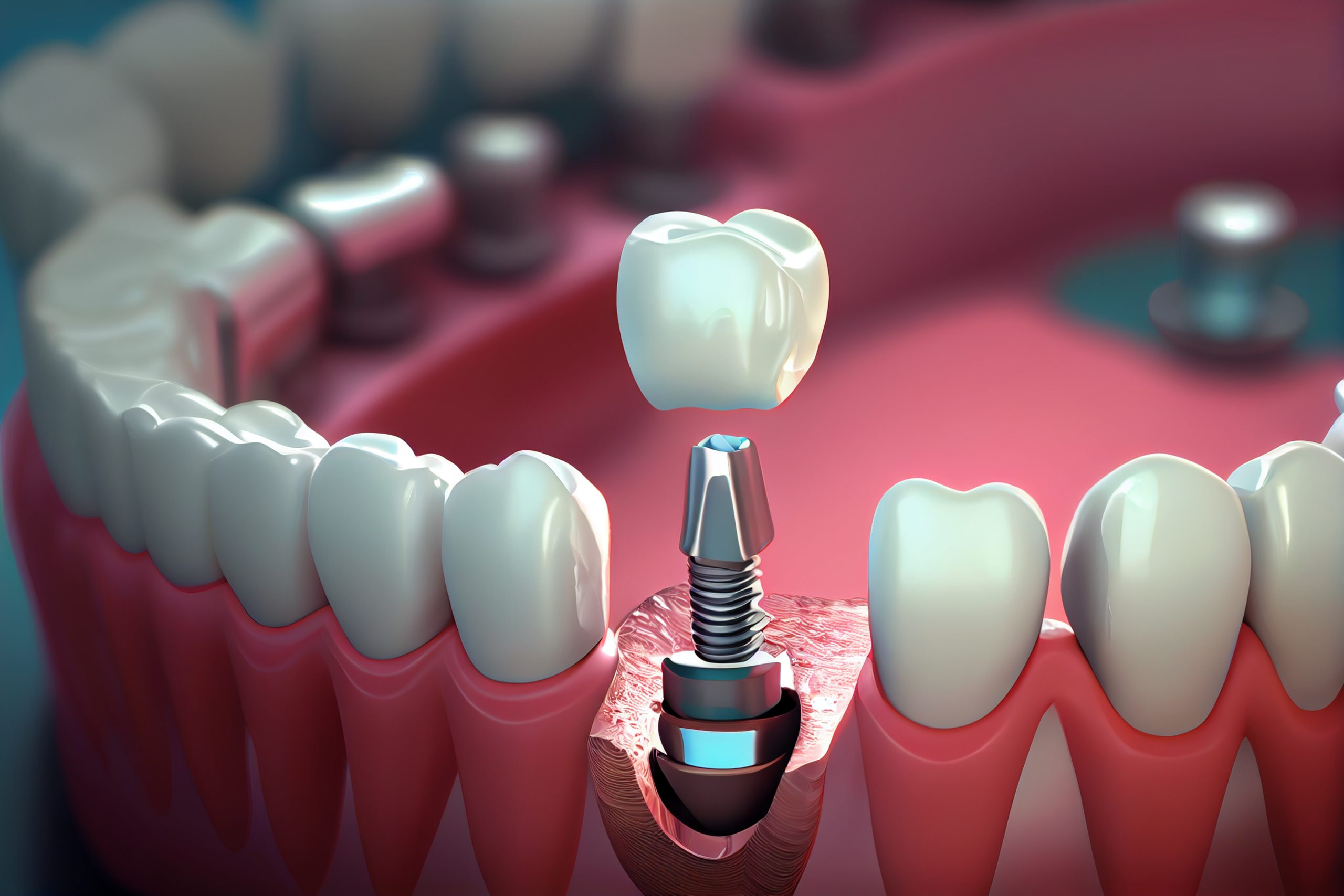
What are the typical factors that influence the cost of dental implants?
The cost of dental implants can be influenced by several key factors, including:
- Number of implants: The total cost can increase depending on the number of implants required to replace missing teeth.
- Preparatory treatments: Additional procedures such as bone grafting, sinus lifts, or tissue grafts may be necessary to prepare the jaw for the implant, thereby impacting the overall cost.
- Location: The geographic location of the dental practice can significantly affect the cost, with urban areas generally having higher prices than rural locations.
- Expertise of the dentist: The experience and expertise of the dental professional performing the implant procedure can influence the cost, as highly skilled professionals may charge more for their services.
- Material quality: The type and quality of the implant materials used, including the implant posts and the crowns, can affect the overall cost. High-quality materials often come with a higher price tag.
- Additional procedures: Costs can also be influenced by any additional procedures that might be required, such as extractions, CT scans, or sedation during the implant process.
- Aftercare and follow-up appointments: Post-implant care, including follow-up appointments and maintenance, can contribute to the overall cost of the dental implant treatment.
- Dental insurance: The extent of dental insurance coverage can vary, with some plans offering partial or full coverage for dental implants, which can significantly impact out-of-pocket costs for patients.
Considering these factors, it’s crucial for individuals considering dental implants to consult with their dentist and thoroughly discuss all aspects of the treatment plan, including associated costs, to make an informed decision.
How does the location and geographical region affect the overall cost of dental implants?
The location and geographical region play a significant role in determining the cost of dental implants. Generally, urban areas and regions with a higher cost of living tend to have higher dental implant costs compared to rural or less densely populated areas. This is primarily due to the variation in operating expenses, such as rent, utilities, and overhead costs, which are typically higher in urban centers. Additionally, the availability of skilled dental professionals specializing in implant procedures might also vary by location, with areas having a scarcity of experienced implant specialists often charging higher fees. As a result, patients should consider the regional cost differences when budgeting for dental implants and explore options in nearby areas to potentially find more affordable treatment options without compromising on quality.
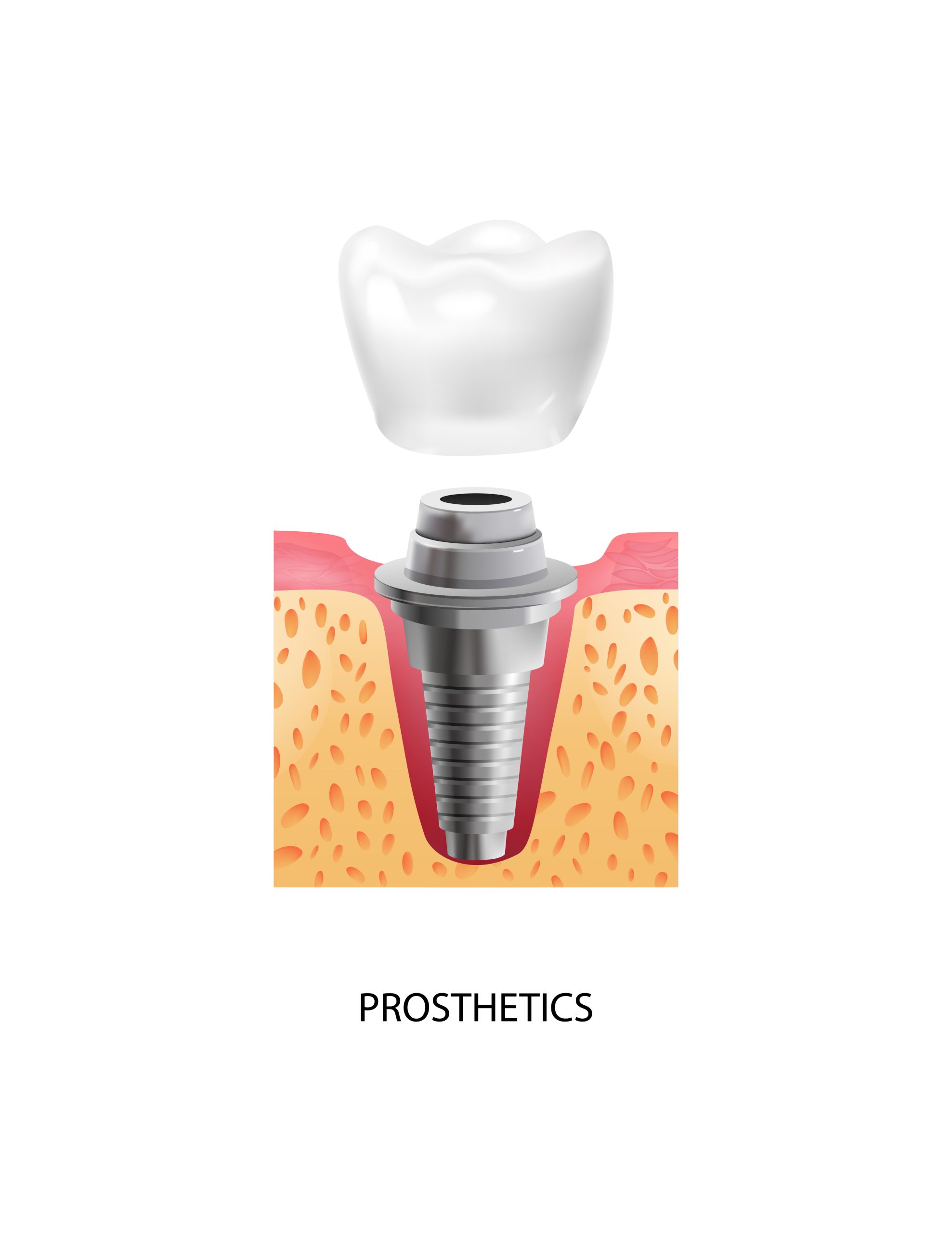
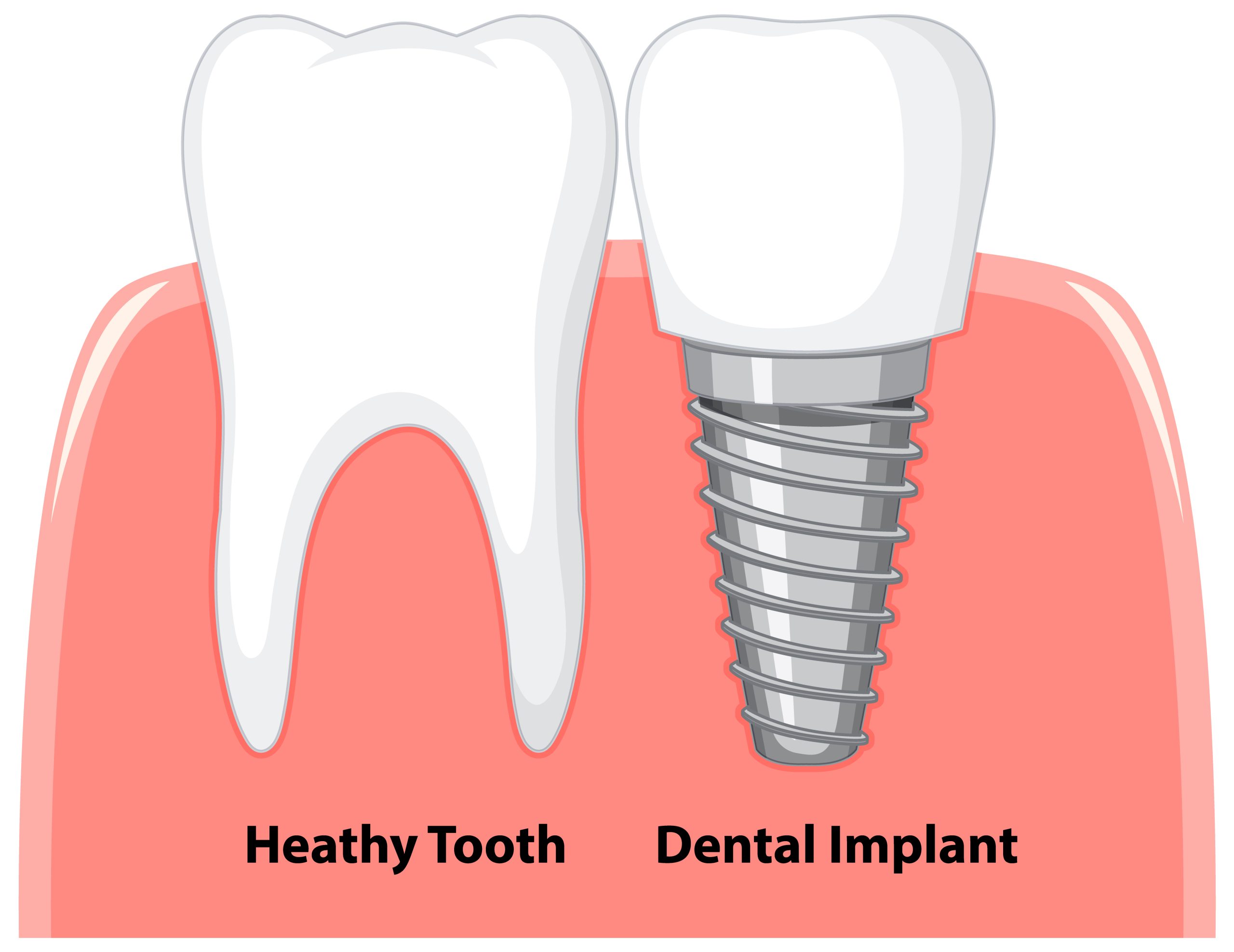
What is the difference in cost between single tooth implants and multiple tooth implants?
The cost difference between single tooth implants and multiple tooth implants can be significant, primarily due to the complexity and the number of procedures involved. Single tooth implants typically involve the placement of a single implant post, an abutment, and a dental crown. The cost of this procedure is generally lower compared to multiple tooth implants, as it requires less material and a less intricate surgical process. On the other hand, multiple tooth implants, also known as implant-supported bridges or implant-supported dentures, involve the placement of several implant posts to support a bridge or a full set of dentures. This comprehensive procedure requires more materials, increased surgical expertise, and additional time, leading to a higher overall cost.
Moreover, the necessity for additional preparatory treatments, such as bone grafting or sinus lifts, might be more common in the case of multiple tooth implants, further contributing to the increased cost. Patients considering multiple tooth implants should expect a higher financial investment compared to single tooth implants, as the treatment plan will likely involve a more comprehensive approach and require a greater number of materials and professional expertise.
Are there any additional expenses, such as consultations, imaging, or aftercare, that patients should consider in the overall cost?
Yes, patients considering dental implants should be aware of several additional expenses that may contribute to the overall cost of the procedure. Initial consultations with the dental professional are crucial to assess the patient’s oral health and determine the feasibility of the implant procedure. These consultations often involve examinations, X-rays, and potentially CT scans, which can incur additional costs. These imaging procedures are essential for precise treatment planning and to ensure the optimal placement of the dental implants. Furthermore, some patients may require additional diagnostic tests, such as a 3D imaging scan, which can further increase the overall expenses.
After the implant procedure, patients should also consider the cost of aftercare and follow-up appointments. Regular follow-up visits are necessary to monitor the healing process, ensure the stability of the implants, and address any potential complications. Additionally, patients may require periodic maintenance, such as professional cleanings and adjustments, to ensure the longevity and success of the dental implants. While these costs may not be as substantial as the initial implant procedure, they should still be factored into the overall budget for dental implant treatment. It’s important for patients to discuss these potential additional expenses with their dental provider during the initial consultation to have a comprehensive understanding of the total cost involved in the entire implant process.
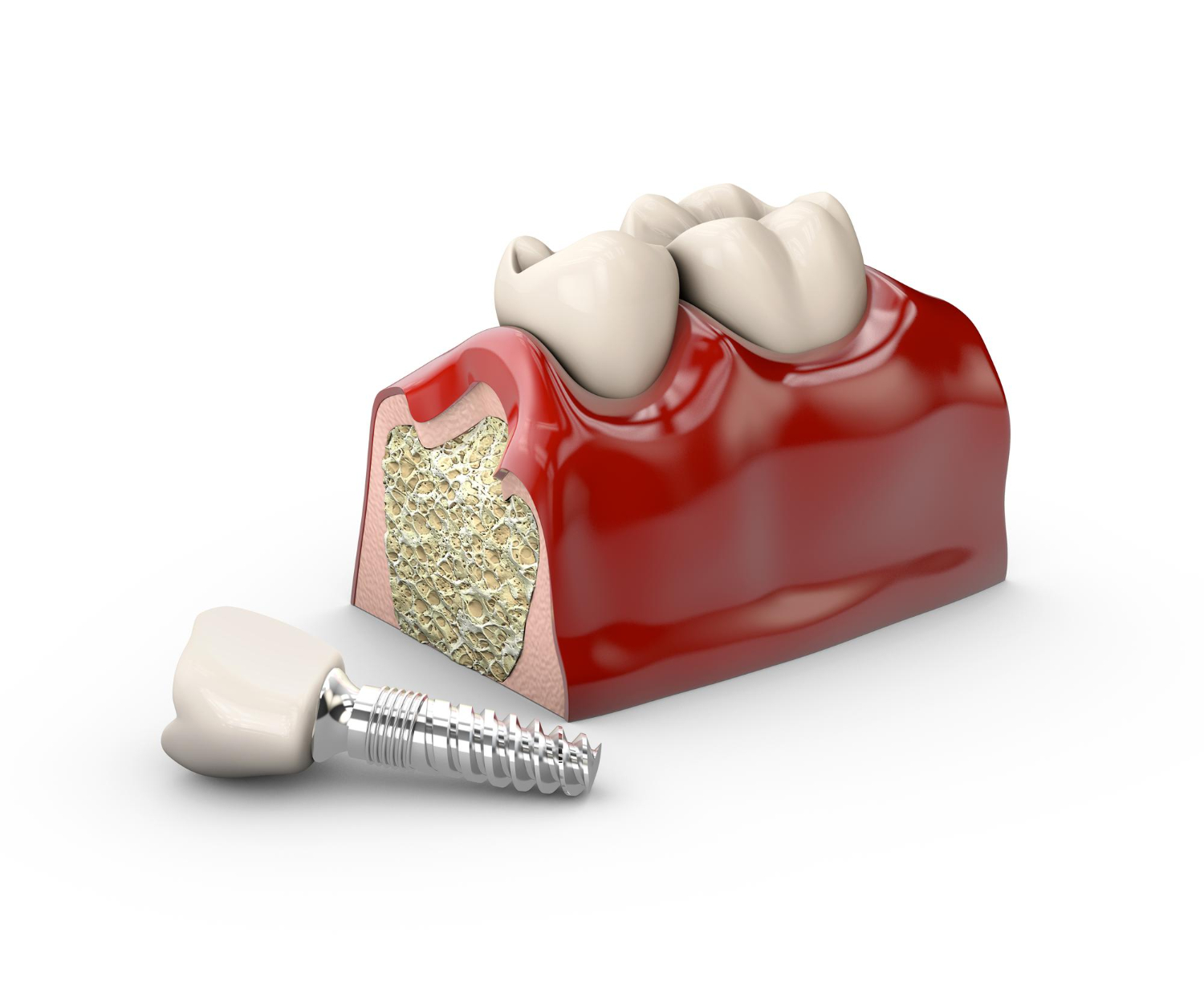
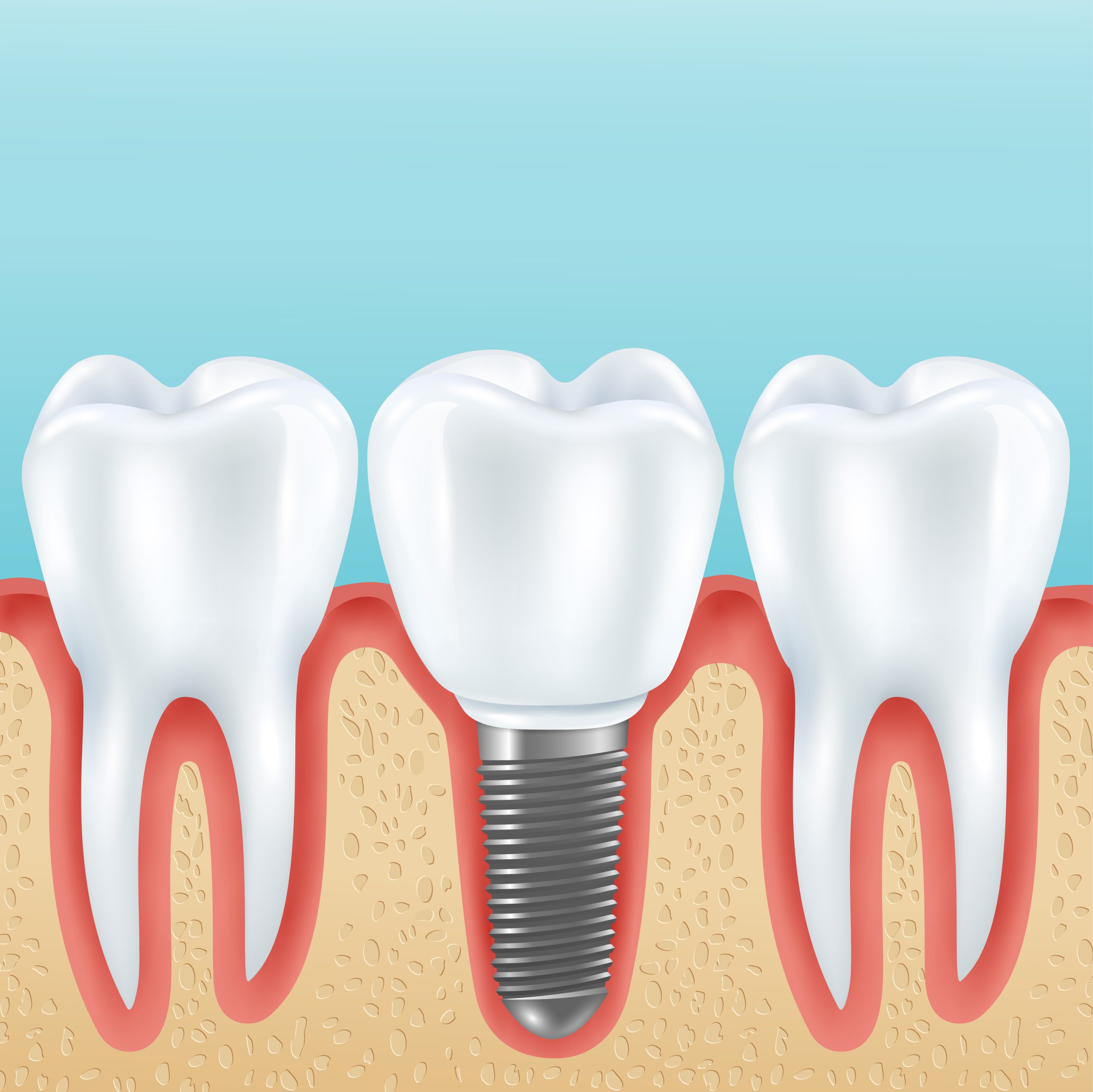
What are the different types of dental implants available, and how do they vary in terms of cost and effectiveness?
There are several types of dental implants available, each designed to address specific patient needs and varying in cost and effectiveness. The main types include endosteal implants, subperiosteal implants, and zygomatic implants. Endosteal implants, the most common type, are surgically placed into the jawbone and provide a sturdy foundation for one or more artificial teeth. These implants are typically more cost-effective and have a high success rate. Subperiosteal implants, which sit on top of the jawbone but beneath the gum line, are suitable for patients with a shallow jawbone and are generally more expensive than endosteal implants due to their customized design.
Zygomatic implants, a more complex type, are used in patients with significant bone loss in the upper jaw and are anchored in the cheekbone (zygoma) rather than the maxilla. While these implants can be more expensive than traditional options, they provide a viable solution for patients with severe bone atrophy, offering increased effectiveness in terms of stability and functionality. Additionally, the materials used for the implant, such as titanium or zirconia, can impact the cost and effectiveness, with titanium being the more commonly used and cost-effective option known for its durability and biocompatibility. Zirconia implants, although less common, are known for their aesthetic appeal and their ability to blend seamlessly with natural teeth, but they can be more expensive than traditional titanium implants. It is essential to consult with a dental professional to determine the most suitable type of implant based on individual needs, while considering both the cost and effectiveness of the available options.
How much does a single dental implant cost?
On average, in the United States, the cost of a single dental implant can range anywhere from $3,000 to $4,500 or more. However, it’s essential to note that this is a general estimate, and the actual cost may be higher or lower based on the factors mentioned earlier. It’s advisable to consult with a qualified dental professional for a personalized treatment plan and an accurate cost estimate specific to your case. Prices can also vary significantly in different countries and regions worldwide. Therefore, it’s recommended to research local dental clinics and consult with professionals to obtain the most up-to-date and accurate cost information.

How much do full mouth dental implants cost?
The cost of full mouth dental implants can vary significantly, with prices typically ranging from $20,000 to $45,000 or more. However, this estimate can be influenced by several factors, including the number of implants required, the type of dental implants chosen, the need for preparatory treatments like bone grafting or sinus lifts, the expertise of the dental professional, the geographical location of the dental clinic, and any additional procedures or aftercare required. Other elements that might contribute to the total cost include the type of materials used for the implants and prosthetic teeth, the complexity of the case, and any specific patient needs or preferences. Patients considering full mouth dental implants should consult with a dental professional to receive a personalized treatment plan and an accurate cost estimate tailored to their individual circumstances.


Are there any financing options or insurance coverage available for dental implant procedures?
Yes, there are various financing options and potential insurance coverage available for dental implant procedures, although coverage may vary depending on the specific dental insurance plan and the policies of the insurance provider. Some dental insurance plans may offer partial coverage for dental implants, particularly if the procedure is deemed necessary for the patient’s oral health and well-being. However, it’s crucial to review the insurance policy carefully to understand the extent of the coverage, any applicable deductibles, and any limitations on the types of implants covered.
In cases where dental insurance does not fully cover the cost of dental implants, patients may explore alternative financing options, such as dental financing plans, personal loans, or healthcare credit cards. Many dental clinics offer in-house financing options or payment plans to help patients manage the cost of the procedure over time. Additionally, there are specialized medical financing companies that provide loans specifically for medical and dental expenses, allowing patients to spread the cost of the treatment over a period of time with manageable monthly payments. Before opting for any financing option, it’s essential to thoroughly review the terms and conditions, including interest rates, repayment plans, and any associated fees, to ensure that the chosen financing method is feasible and fits within your budget.


